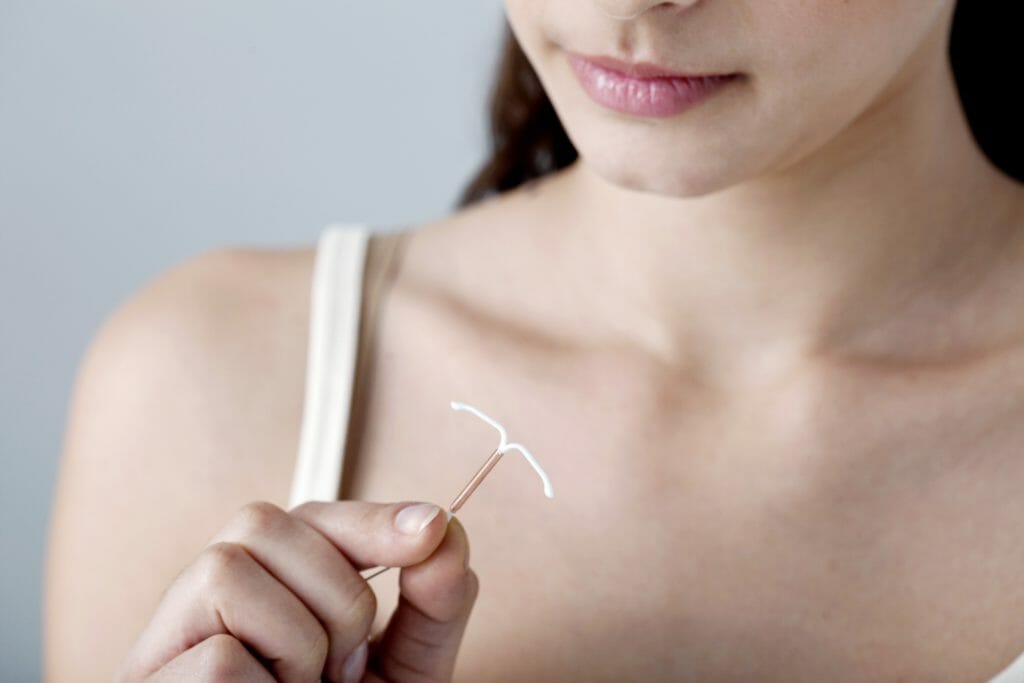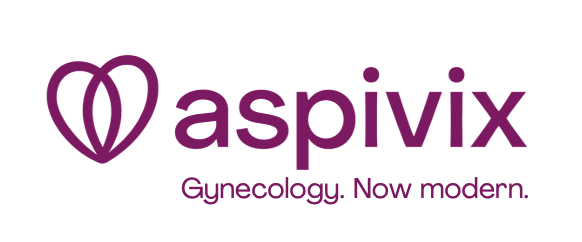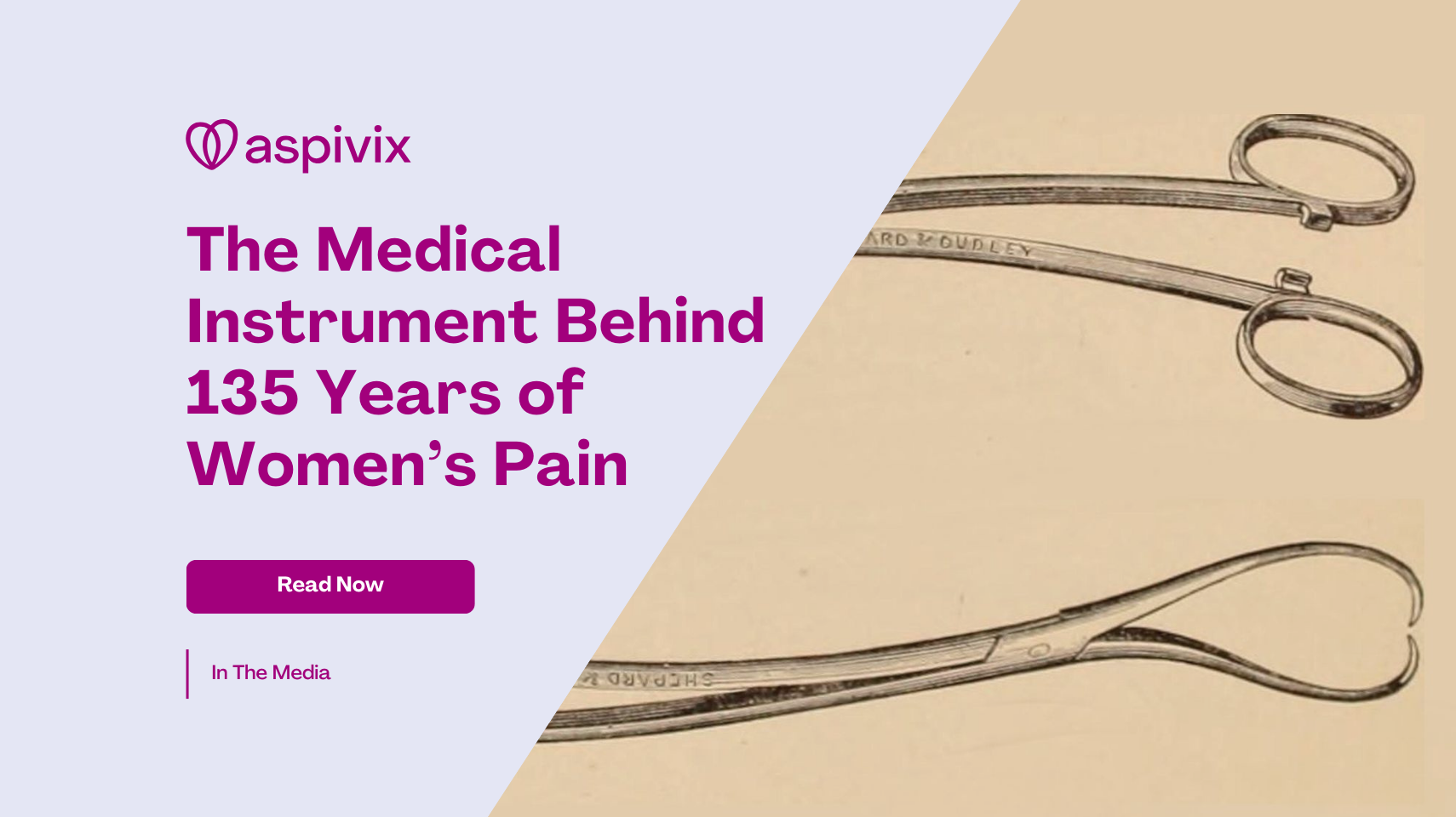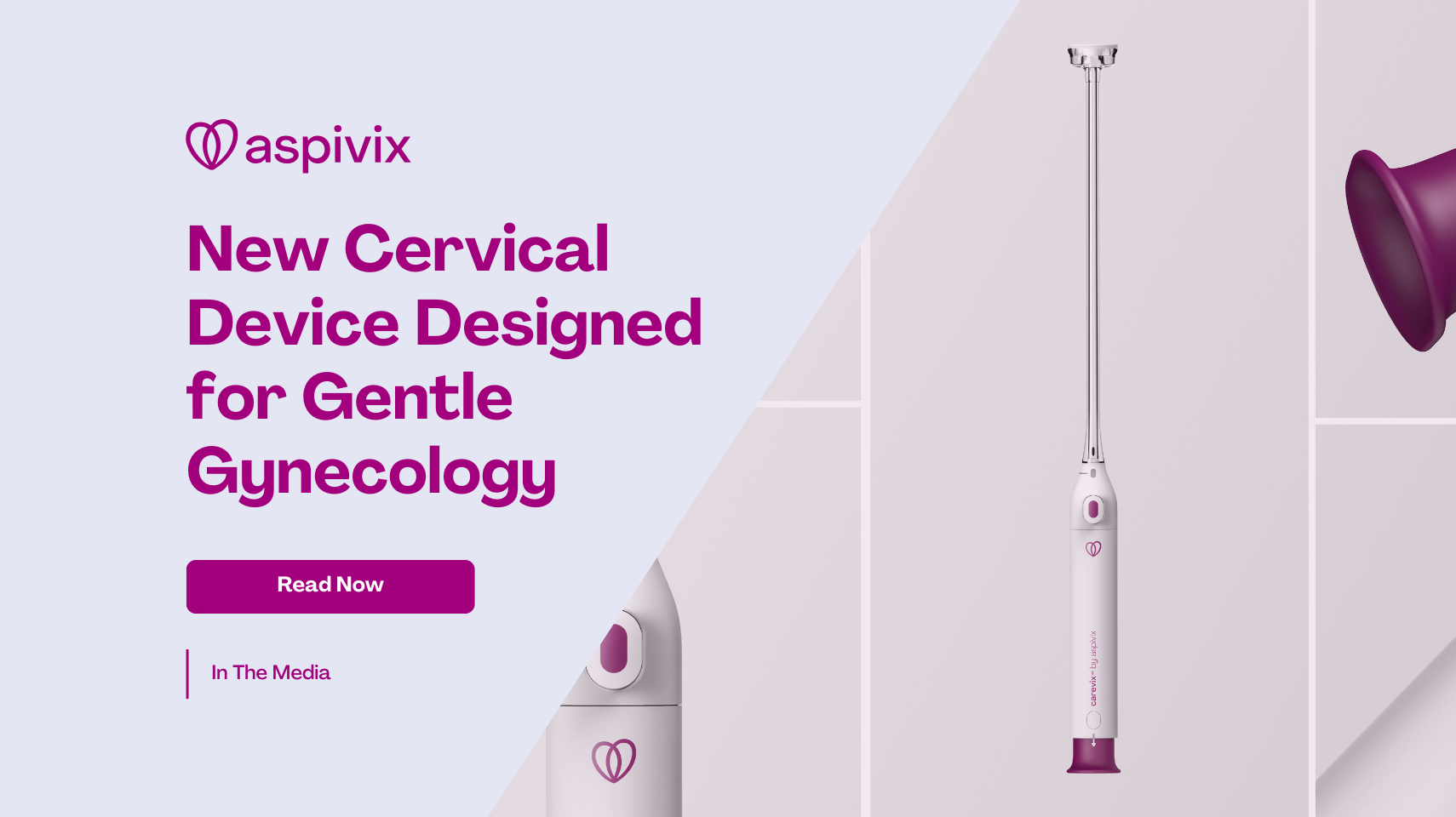
Meet the Intrauterine Device IUD
Long-acting reversible contraception (LARC) is contraception that doesn’t depend on the patient remembering to take or use it to be effective. Intrauterine Devices, or IUDs, are one form LARC. They are considered both effective and safe for most women. 1
Meet the IUD
The IUD is a small, often T-shaped device inserted into the uterus, where it emits either the hormone progestin or copper, both of which are more than 99% effective. IUDs have a failure rate of less than one pregnancy per 100 women. 2,3
IUDs are designed to work anywhere from 3 to 12 years, depending on the brand and type. Additionally, “Leading medical organizations now recommend them as a first-line choice,” says Megan Kavanaugh, a senior research associate at Guttmacher Institute. 3
The Two Types of IUDs
Hormonal IUDs continuously release a low dose of the hormone progestin to prevent pregnancy by:
- Thickening mucus in the cervix to stop sperm from reaching or fertilizing an egg
- Thinning the lining of the uterus and partially suppresses ovulation
Hormonal IUDs can work anywhere between 3 to 7 years. 5
Copper IUDs are non-hormonal. It is the copper itself that produces an inflammatory reaction that interferes with sperm movement, thus preventing pregnancy, according to the Mayo Clinic. It works for up to 12 years.

Are IUDs Appropriate for Adolescent Females?
Currently, the American College of Obstetrics and Gynecology (ACOG) strongly supports IUD use among adolescent females. In 2012, ACOG issued a committee opinion that stated “LARCs are safe and appropriate contraceptive methods for most women and adolescents.” 4
Can IUDs be Used with Nulliparous Women?
Although nulliparity (woman who has never given birth) formerly viewed as a contraindication to IUD use, that is no longer the case. In fact, guidelines from both the ACOG and the US Centers for Disease Control and Prevention (CDC) consider multiparous and nulliparous patients to be suitable IUD candidates. 6
Disclaimer
The choice of contraception depends on the individual’s health, history, sexuality, lifestyle, and preferences and it should be discussed with a healthcare provider.
About us
ASPIVIX is a Swiss-based medical device company dedicated to advancing healthcare for women. Our flagship product is an atraumatic vacuum-based cervical tenaculum for gynecology that is simple, modern and gentle.
Sources:
1. Birth Control and the IUD (Intrauterine Device)
2. IUD (intrauterine device) Contraception guide
3. Why is the most effective form of birth control—the IUD—also the one no one is using?
4. Differences in contraceptive use between family planning providers and the general population
5. Which IUDs are the best? Benefits, risks, and side effects
6. Is This Teenager a Good Candidate for an IUD?
Share this story:










